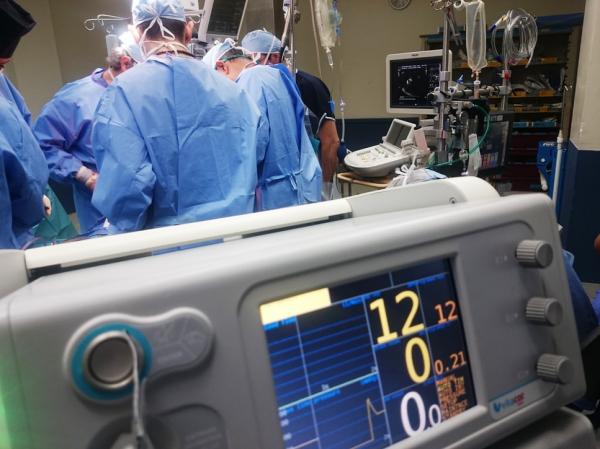
What are the early symptoms, stage 4 and terminal symptoms of pancreatic cancer?
2019-12-05 14:11:22

Recently, in chronic pancreatitis and some genetic diseases
Pancreatic cancer is most common in abdominal pain, loss of appetite, and weight loss, but can also occur in other diseases.
After the early days, the jaundice, itching, and urine color of the body and eyes become yellow.
The cause of pancreatic cancer is not yet clear.
Compared with other cancers, the precancerous lesions that cause cancer are also less pronounced.
Pancreatic cancers are more likely to include ages 45 and older, smoking history, and old diabetes.
Recently, the incidence of pancreatic cancer has been increased in chronic pancreatitis and some genetic diseases.
Many of the symptoms are nonspecific, which is also seen in other pancreatic diseases and digestive system disorders.
Pancreatic cancer is found in 40-70% of patients with abdominal pain, weight loss and jaundice.
Symptoms vary depending on the location, size and metastasis of the tumor. Most patients with pancreatic cancer have abdominal pain and weight loss, and most patients with pancreatic cancer (head cancer) develop jaundice.
Early diagnosis is more important than any other cancer.
Nevertheless, the early diagnosis is difficult because it does not exactly know the mechanism of pancreatic cancer.
It is known that a combination of environmental and genetic factors are known and some risk factors have been identified or estimated.
Some of the most common factors are smoking, obesity, diabetes, chronic pancreatitis, familial pancreatic cancer, age, alcohol consumption, diet, and chemicals.
It usually occurs between the ages of 35 and 70 years, and the 5-year survival rate is less than 5%.
Early detection is difficult because there are no early symptoms.
Surgery for cure is only possible in 20-25% of patients with pancreatic cancer, and the average survival time for patients with unresectable pancreatic cancer is about 6 months.
Relieve your symptoms and undergo surgery to improve your quality of life during your lifetime

![[SBS My Little Old Boy] ‘My Little Old Boy’s Mother’s Trip to Taiwan’!](https://kroamer.com/upload/trending/thumb-LrD1731028166869_600x1013.jpg)




![[Oh Eun-young Report - Marriage Hell] A husband who refers to himself as the king of the Joseon Dynasty, and a wife who lived obediently like a court lady next to such a husband for 25 years?](https://kroamer.com/upload/trending/thumb-20241107161845_0_600x895.jpg)

